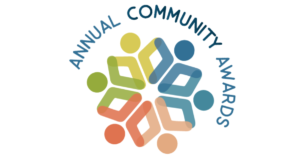 It is a special joy to announce the names of Federation’s 2022 Community Award Winners. They are passionate people who thrive on collaboration and volunteerism in service to Jewish Atlanta. We’ll honor these community builders, along with Carol Z. Cooper, Federation’s Lifetime of Achievement Award winner, on Wednesday, June 1 at Federation’s 116th Annual Meeting.
It is a special joy to announce the names of Federation’s 2022 Community Award Winners. They are passionate people who thrive on collaboration and volunteerism in service to Jewish Atlanta. We’ll honor these community builders, along with Carol Z. Cooper, Federation’s Lifetime of Achievement Award winner, on Wednesday, June 1 at Federation’s 116th Annual Meeting.
The Marilyn Shubin Professional Staff Development Award
Recognizes outstanding communal professionals
Caroline Goldberg | Educator, Cantorial Soloist; The Davis Academy
Caroline has served as a faculty member at The Davis Academy for nine years. As Grade Chair, she ensures that her colleagues are supported in planning, implementing lessons, and fulfilling their curricular and organizational goals. Caroline is truly an outstanding teacher, a leader among her peers, and a consummate team player.
Annie Garrett | Jewish Abilities Alliance Manager
Annie works tirelessly to make Jewish Atlanta more inclusive for everyone with disabilities. In addition to her role managing JAA, Annie also leads Federation’s legislative efforts. She led an 18-month long community-wide needs assessment on inclusion. Annie is a relentless advocate for those with disabilities and a master collaborator with staff and volunteers at a multitude of Jewish agencies who seek out her advice and guidance.
Tikkun Olam Community Impact Award
Celebrates a community member doing innovative work at a non-profit organization
outside of the Jewish community
Jenny Levison | The Zadie Project
Jenny Levison started The Zadie Project in honor of her father, with a mission to tackle food insecurity by helping feed and educate children, families, and seniors in Atlanta. For each bowl of “My Dad’s Turkey Chili” sold at her restaurant Souper Jenny, a donation is made to The Zadie project. Funds are used to make and package soups into quart containers to help those who need it most. The program provides soup for Title 1 schools, women’s shelters, senior citizens centers and homeless shelters. including the Zaban Paradies Shelter.
Mary and Max London People Power Award
Honoring outstanding initiatives
Jody Reichel | JF&CS Holiday Gift Program
Jody Reichel is a Sandy Springs City Councilwoman and a Real Estate Investor who has been an essential volunteer for J&CS’s holiday gift program. For more than 21 years, JF&CS’s holiday gift program has been providing a holiday experience for underprivileged families. The program makes it possible for JF&CS’s clients, of all faith and backgrounds, to create a special holiday for their family and kids. Personal gifts are given to each family based on their wish list.
Abe Schwartz Young Leadership Award
Recognizes an under 40 community member demonstrating great
community involvement and leadership potential
Bari Beilinson | Community Volunteer
Bari Beilinson is a resident in the Virginia Highland Moishe House and is a member of both the Next Gen Committee and the Jewish Journeys Allocation Committee Federation. As a resident at Moishe House, Bari and her fellow roommates create and execute six programs a month for the Jewish young adult community. This is on top of her full-time job.
Elizabeth (Liz) Rowland | Community Volunteer
Liz Rowland is an active member of the Jewish Community in Atlanta and beyond. She has been involved for several years with Jewish Women’s Connection (JWC) attending and running classes for members. She is an active volunteer with PJ Library and previously served on the board of Hillels of Georgia. Liz’s Jewish creativity sparked her to launch @Jewishlyliz on Instagram, which currently has 8,700 followers- local and beyond.
Gerald G. Cohen Community Development Award
Celebrates outstanding communal work by a non-native Atlantan
Yoni Kaiser-Blueth | Jewish Community Activist
Yoni Kaiser-Blueth manages the Jewish Portfolio at The Marcus Foundation, Inc. and has established himself as a community volunteer. Before joining The Marcus Foundation, he was Director of the Latin America Desk at Hillel International. Along with his professional involvement, Yoni is also active with his synagogue, Congregation B’nai Torah.
Sylvia Newman Memorial Teacher of the Year Awards
Erin Johnson teaches 2nd-4th grade in the Kesher program at Ahavath Achim synagogue. Throughout her 6 years on the synagogue faculty, she has gone above and beyond in the classroom, developing creative curricula that inspire further learning among her students. Through dynamic storytelling and hands-on project-based learning methods, Erin has engaged both children and parents, and she has served as a leader and role model for fellow teachers, as well.
Josiah Wolff is a 6th-grade teacher at Temple Beth Tikvah. In a short time as a new teacher, he has become adept at making learning come alive for his students in “out-of-the-box” ways. Having taken advantage of every opportunity for professional development throughout the year, including an intensive year-long cohort, Josiah is a true role model, not only through the kindness he shows to others, but also as a lifelong learner himself.
We will recognize and celebrate all recipients at our 2022 Annual Meeting, on June 1, 2022, at the Federation Building. Stay tuned for more information.
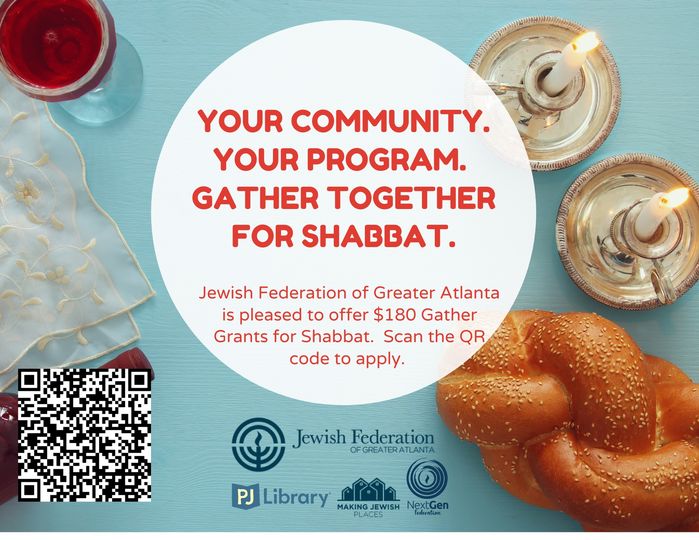
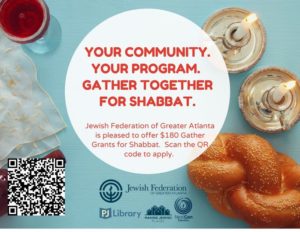 Jewish Federation of Great Atlanta’s Making Jewish Places (MJP) initiative is pleased to offer a new round of $180 Gather Grants to make Shabbat experiences extra special. MJP grants are about you, your family, your friends and neighbors! If you have an idea for a way to make your Shabbat celebration more inclusive, more welcoming, or just “more fun,” please apply here. Applications are due by April 25, and awards will be announced by email on Friday, May 13.
Jewish Federation of Great Atlanta’s Making Jewish Places (MJP) initiative is pleased to offer a new round of $180 Gather Grants to make Shabbat experiences extra special. MJP grants are about you, your family, your friends and neighbors! If you have an idea for a way to make your Shabbat celebration more inclusive, more welcoming, or just “more fun,” please apply here. Applications are due by April 25, and awards will be announced by email on Friday, May 13.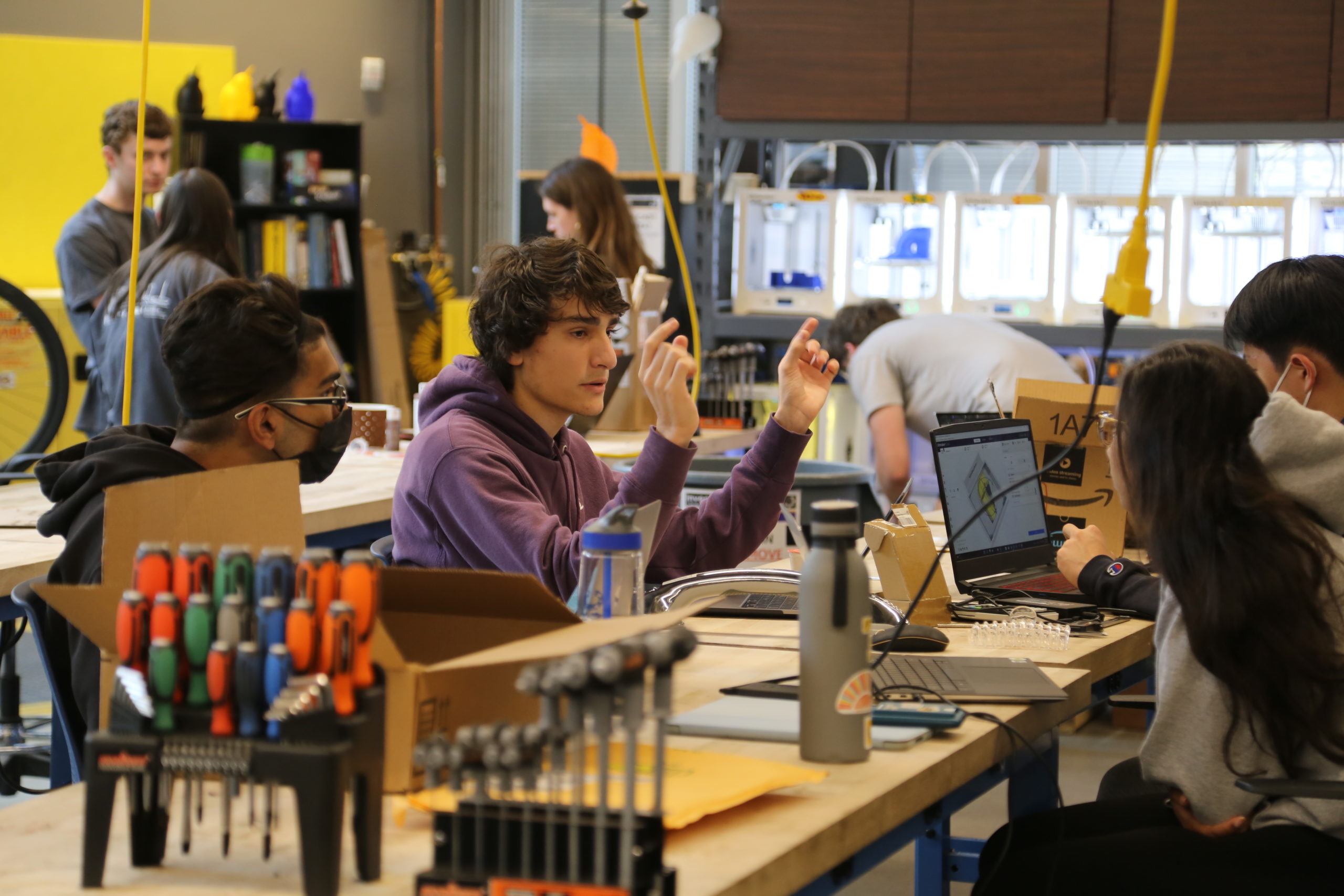
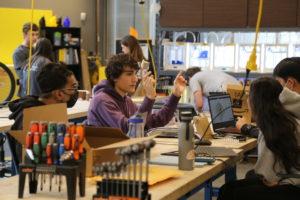 More than a year ago, Federation Innovation sponsored a Propel Pitch funding competition for social entrepreneurs in Atlanta. The first-place winner was a team from Georgia Tech known as
More than a year ago, Federation Innovation sponsored a Propel Pitch funding competition for social entrepreneurs in Atlanta. The first-place winner was a team from Georgia Tech known as 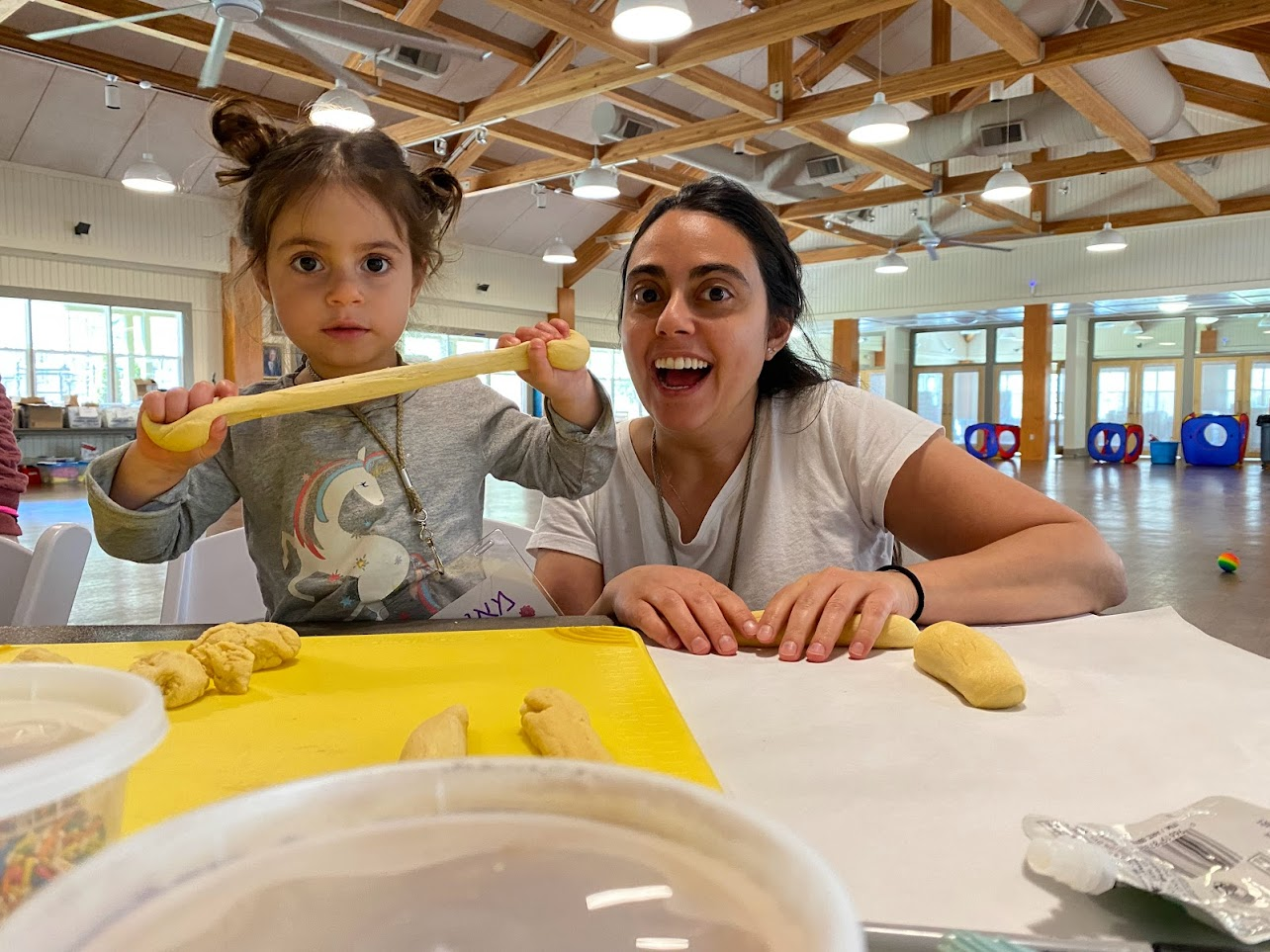
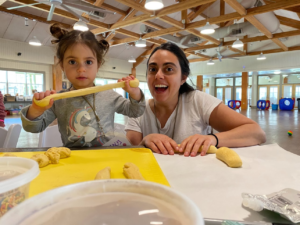 Earlier this month 27 families totaling nearly 100 people gathered for Family Camp: Passover Edition at Ramah Darom. Once again, Federation helped create and convene an immersive family camp weekend along with partners
Earlier this month 27 families totaling nearly 100 people gathered for Family Camp: Passover Edition at Ramah Darom. Once again, Federation helped create and convene an immersive family camp weekend along with partners 
 It is a special joy to announce the names of Federation’s 2022 Community Award Winners. They are passionate people who thrive on collaboration and volunteerism in service to Jewish Atlanta. We’ll honor these community builders, along with Carol Z. Cooper, Federation’s Lifetime of Achievement Award winner, on Wednesday, June 1 at Federation’s 116th Annual Meeting.
It is a special joy to announce the names of Federation’s 2022 Community Award Winners. They are passionate people who thrive on collaboration and volunteerism in service to Jewish Atlanta. We’ll honor these community builders, along with Carol Z. Cooper, Federation’s Lifetime of Achievement Award winner, on Wednesday, June 1 at Federation’s 116th Annual Meeting.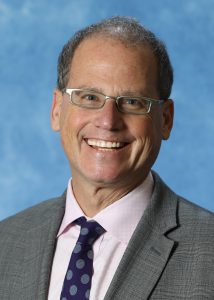



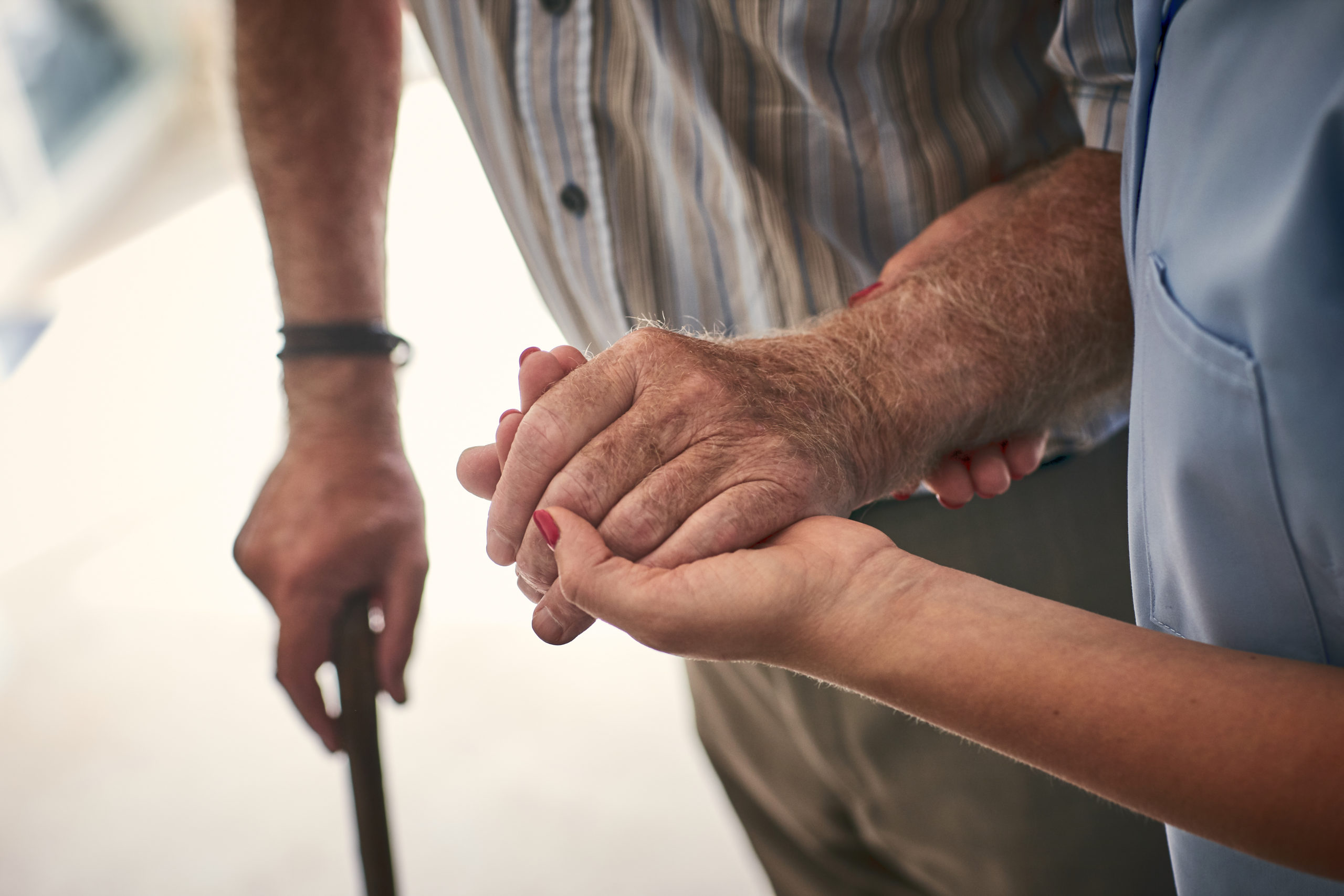
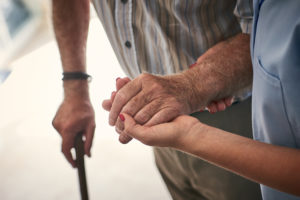

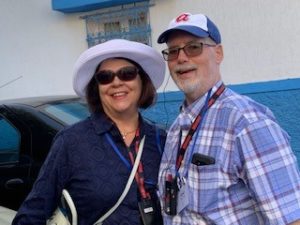 With Passover ten days away, many community members will need extra funds to purchase Passover food items. Jan and Marsha Spector, longtime supporters of the Jewish community, have created a Feed the Hungry Challenge Match to feed hungry Jews at Passover. The Spectors will match dollar-for-dollar up to $25,000, for new and or increased contributions made to the Maos Chitim Fund by the end of Passover.
With Passover ten days away, many community members will need extra funds to purchase Passover food items. Jan and Marsha Spector, longtime supporters of the Jewish community, have created a Feed the Hungry Challenge Match to feed hungry Jews at Passover. The Spectors will match dollar-for-dollar up to $25,000, for new and or increased contributions made to the Maos Chitim Fund by the end of Passover.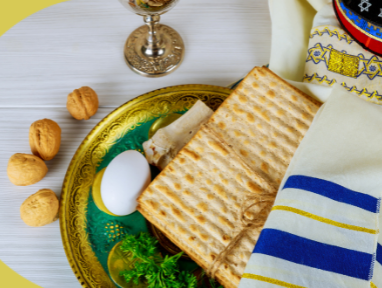
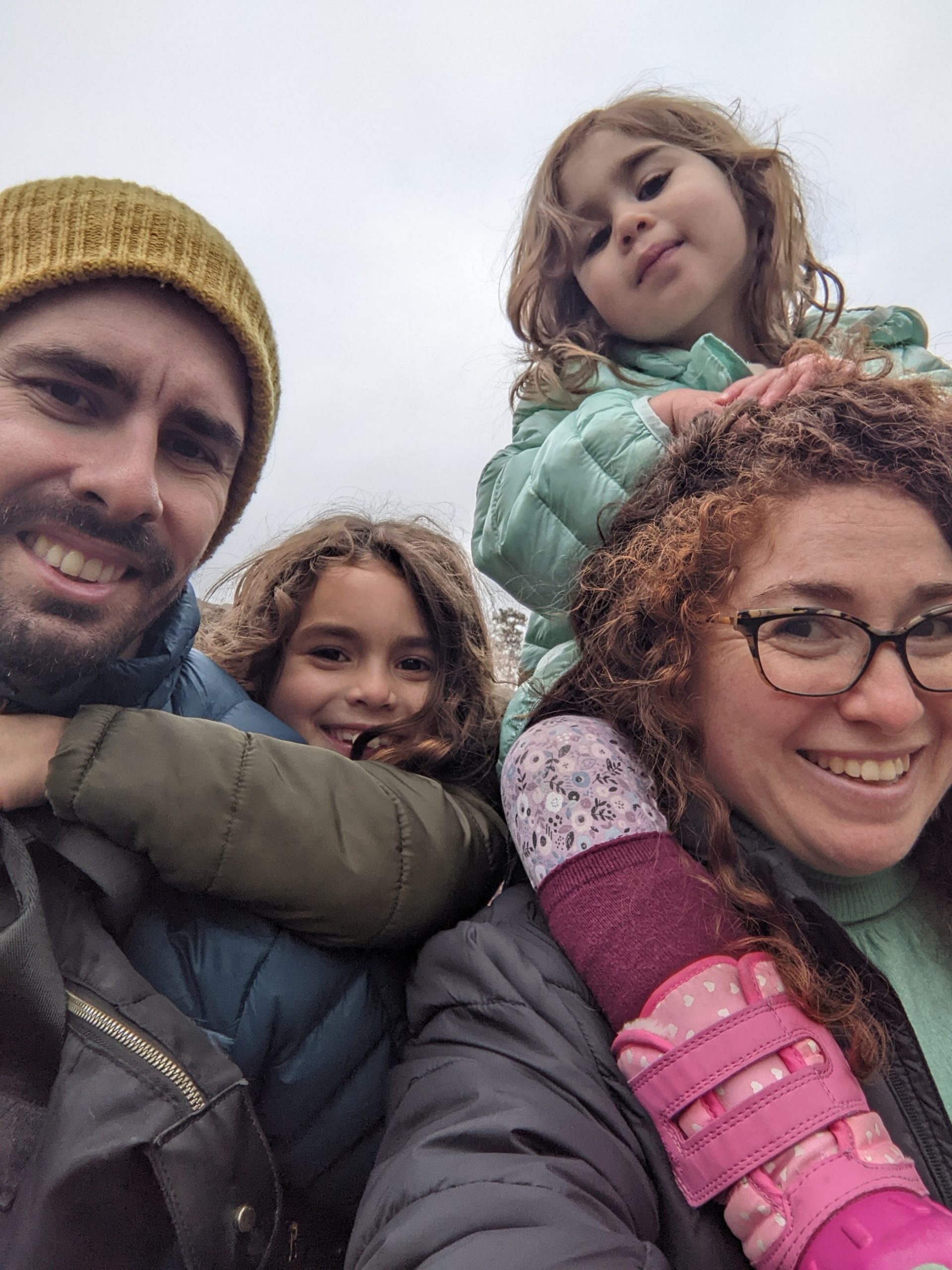
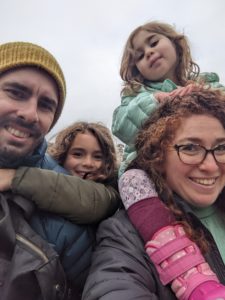 Nataliya Fleshler and Masha Vaynman both came to America from Kyiv (the Russian name is Kiev) as young girls — part of the wave of Russian Jewish refugees who were resettled in America in the 1990’s.
Nataliya Fleshler and Masha Vaynman both came to America from Kyiv (the Russian name is Kiev) as young girls — part of the wave of Russian Jewish refugees who were resettled in America in the 1990’s.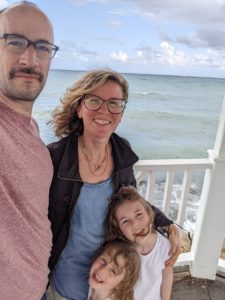 “I mostly have sweet childhood memories of Kyiv,” Masha says, “but my family came to the United States as refugees because we were persecuted in Ukraine as Jews. Our papers and passports were stamped Jewish. Even though we were not religious, there were strange little signs. My grandparents spoke Yiddish. And once a year we had matzah, but it was kept hidden in a closet. It wasn’t until years later after attending Jewish day school in St. Louis, that I realized my father came from a religious family and knew all about Judaism. It just didn’t come up much at home.”
“I mostly have sweet childhood memories of Kyiv,” Masha says, “but my family came to the United States as refugees because we were persecuted in Ukraine as Jews. Our papers and passports were stamped Jewish. Even though we were not religious, there were strange little signs. My grandparents spoke Yiddish. And once a year we had matzah, but it was kept hidden in a closet. It wasn’t until years later after attending Jewish day school in St. Louis, that I realized my father came from a religious family and knew all about Judaism. It just didn’t come up much at home.”



